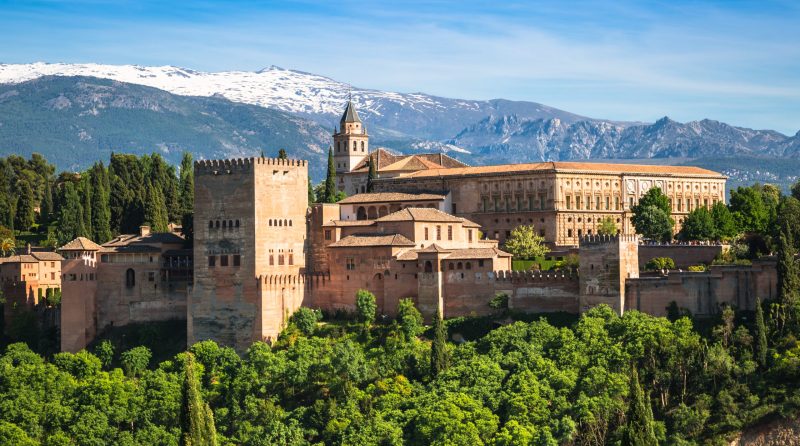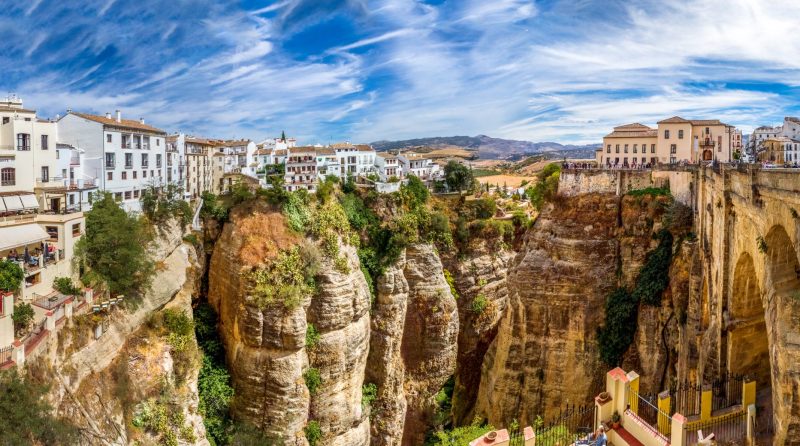In an era where travel enthusiasts increasingly seek authentic and immersive experiences, gastronomic tourism has emerged as a unique avenue for exploring the culture and traditions of a destination through its food. As a result, the concept of gastronomic tourism has gained traction over the years, shaping how people view global culinary scenes.

We have already elaborated multiple guides on what to eat when traveling to other places; for example, we explained to you what to eat in Tenerife; also, we recommended some catalan dishes and talked about the difference between tapas and pintxos.
Today, instead of talking about tasting food in different places, we focused on the abstract concept. Here’s everything you need to know about gastronomic tourism.
What is the Meaning of Gastronomic Tourism?
As the name suggests, gastronomic tourism is a modern form of globetrotting where people travel across the world to sample cultural diversities through their cuisines. This exploration involves a wide range of activities, including visiting breweries, food spots, trying out local dishes, and participating in cooking classes or food festivals.
Some tourists prefer wandering through local food markets as a way of learning about the culinary traditions, history, and culture of a country or people.
What is the Difference between Culinary Tourism and Gastronomic Tourism?
Culinary tourism and gastronomic tourism are often used interchangeably to describe modern travel experiences centered on culinary pursuits. However, the two phrases have subtle differences worth noting.
Culinary tourism focuses more on the culinary aspects of local cuisines, including the diversity of dishes, cooking techniques, food festivals, and food-related events. Conversely, gastronomic tourism emphasizes a broader context of food culture, including history, traditions, agricultural practices, and the overall gastronomic experience.
In essence, culinary tourism centers on the food itself, including its taste, presentation, and culinary techniques, while gastronomic tourism emphasizes culinary expressions as a means to understanding culture and lifestyle.For example, eating Dutch food is a way of getting immersed in Amsterdam culture or tasting berlin food specialties is a method to take a deeper approach on Germany.

What are the Benefits of Gastronomic Tourism?
Gastronomic tourism offers a range of benefits to the tourism industry, communities, and travelers, including:
Unique Cultural Experience
By visiting food places, local markets, and breweries and sampling diverse foods, travelers experience a glimpse of unique local cultures through food, gaining insights into cultural traditions, values, history, and lifestyle.
Fostered Food Innovation
Gastronomic tourism encourages food producers and chefs to experiment with local dishes, driving the demand for new, tastier, and healthier cuisines, resulting in the fusion of new culinary trends into industry experiences.
Immersive Experiences
Gastronomic tourism immerses travelers in dynamic experiences beyond typical tourist attractions. They can explore hidden gems, taste indigenous ingredients, and participate in local food rituals, enhancing their overall travel encounter.
Economic Contribution
Gastronomic tourism strengthens the financial foundation of a destination by empowering small-scale food producers, farmers, artisans, restaurants, and food-related businesses.
Preservation of Culinary Heritage
By increasing interest in traditional dishes, local cuisines, and recipes, gastronomic tourism plays a crucial role in preserving the posterity of global culinary heritage. It enhances the transfer of culinary knowledge and skills across generations, reserving traditional cuisines from extinction.
Catalonia Hotels & Resorts
Searching for the perfect setting to escape the ordinary and embark on your gastronomic adventure? Catalonia Hotels & Resorts, also known as Hoteles Catalonia, boasts a wealth of options for your culinary tourism routine, including culinary traditions, vibrant culture, and immersive landscapes.
With over 70 establishments across 25 destinations, Catalonia Chain of Hotels operates a portfolio of luxurious properties, including vacation getaways, resorts, and urban hotels.

For over four decades, Catalonia & Resorts has garnered acclaim for its gastronomic experiences in Spain, with its professional prominence extending across Europe and the Caribbean.
Strategically nestled at the core of major cities such as Madrid, Barcelona, Brussels, Rome, and the Caribbean, Catalonia Hotels & Resorts offer accessibility to attractions, transportation networks, and business districts, not to mention the remarkable accommodations and amenities that define these hotels, including on-site dining options, swimming pools, spas, and leisure facilities.
In practical terms, there is no better way to immerse oneself in cultural diversities, traditions, and heritage than through gastronomic tourism. This multifaceted approach to modern globetrotting embraces cuisines as a reliable source of economic development, social enrichment, and environmental sustainability.




